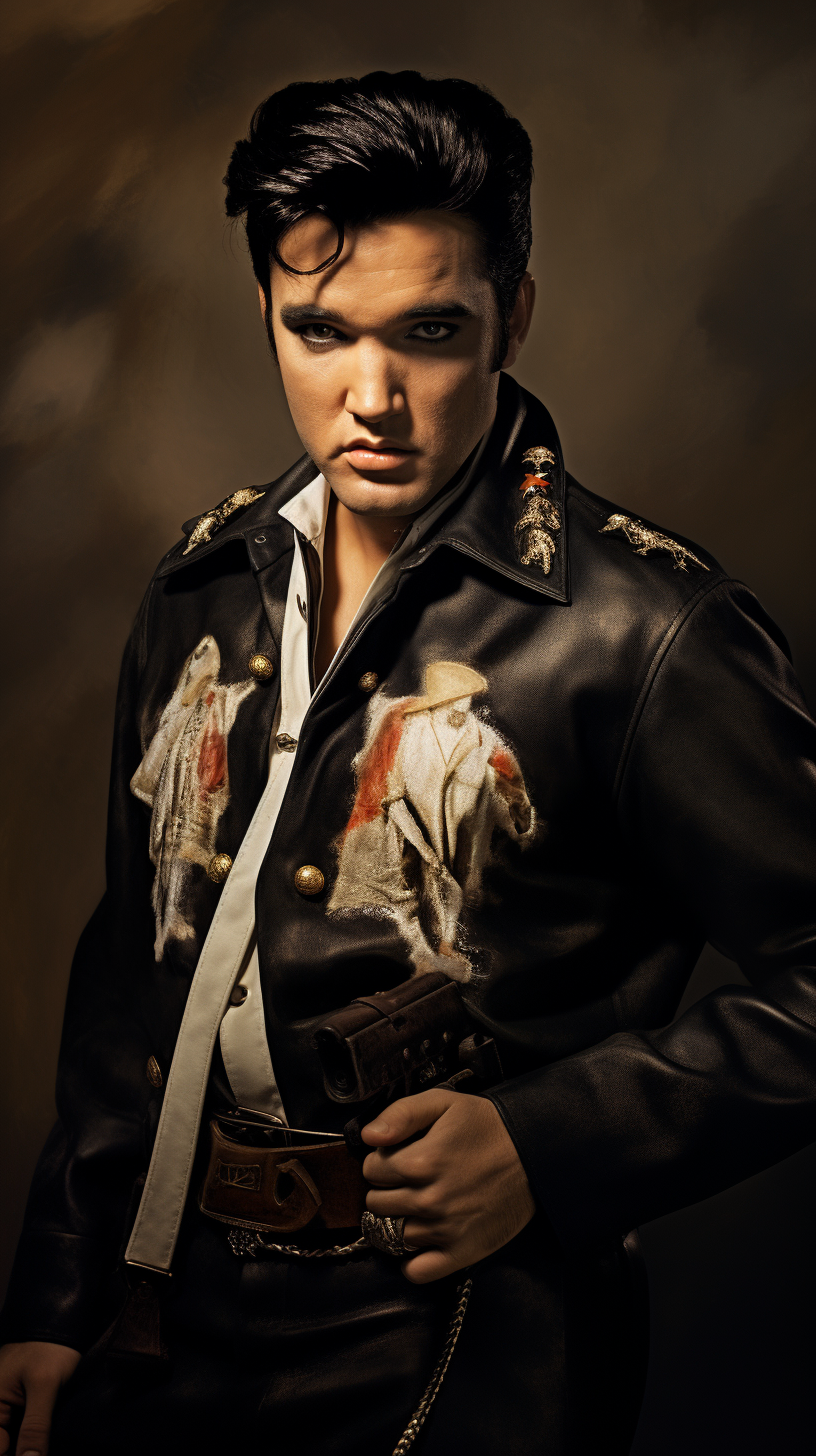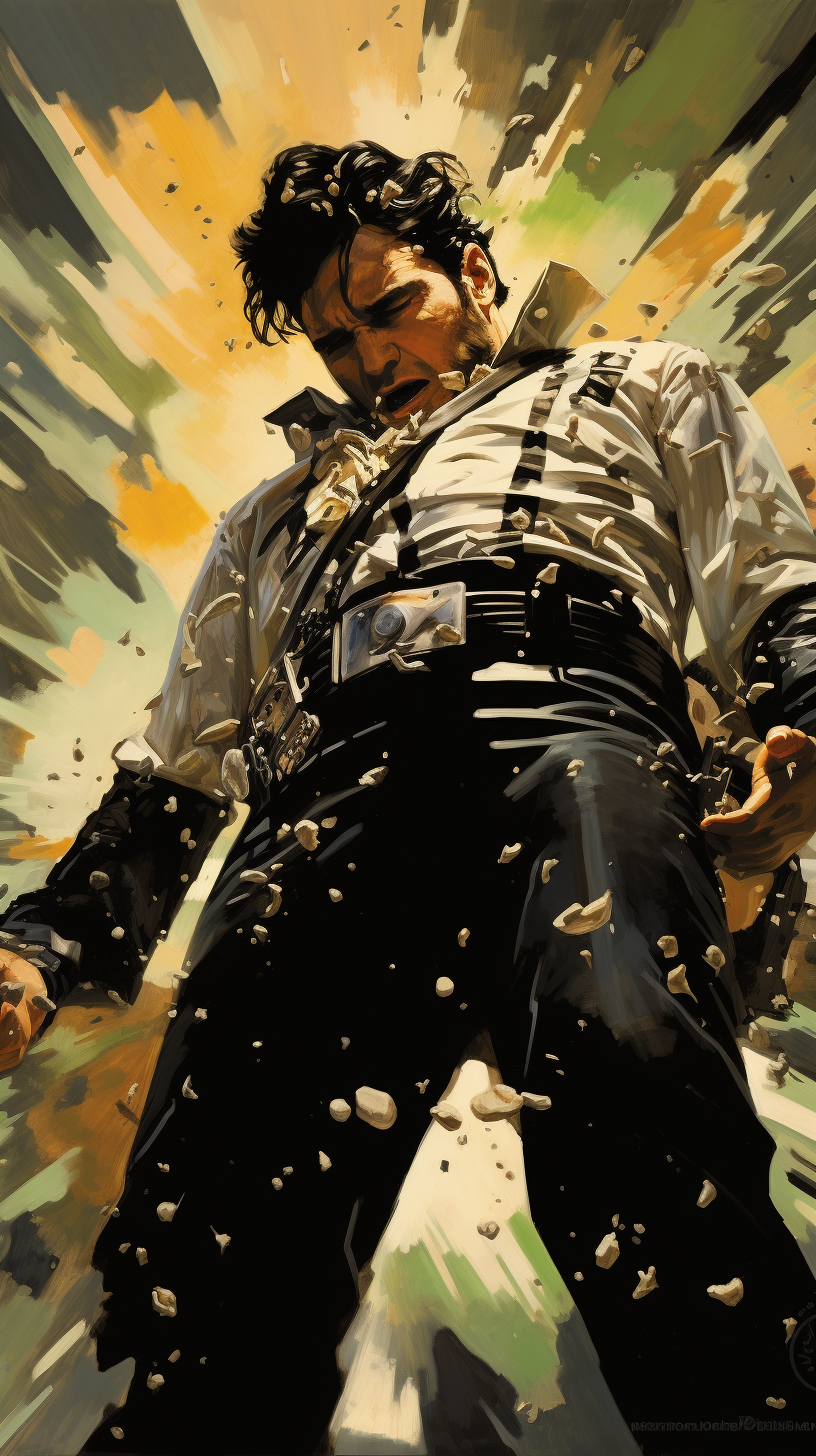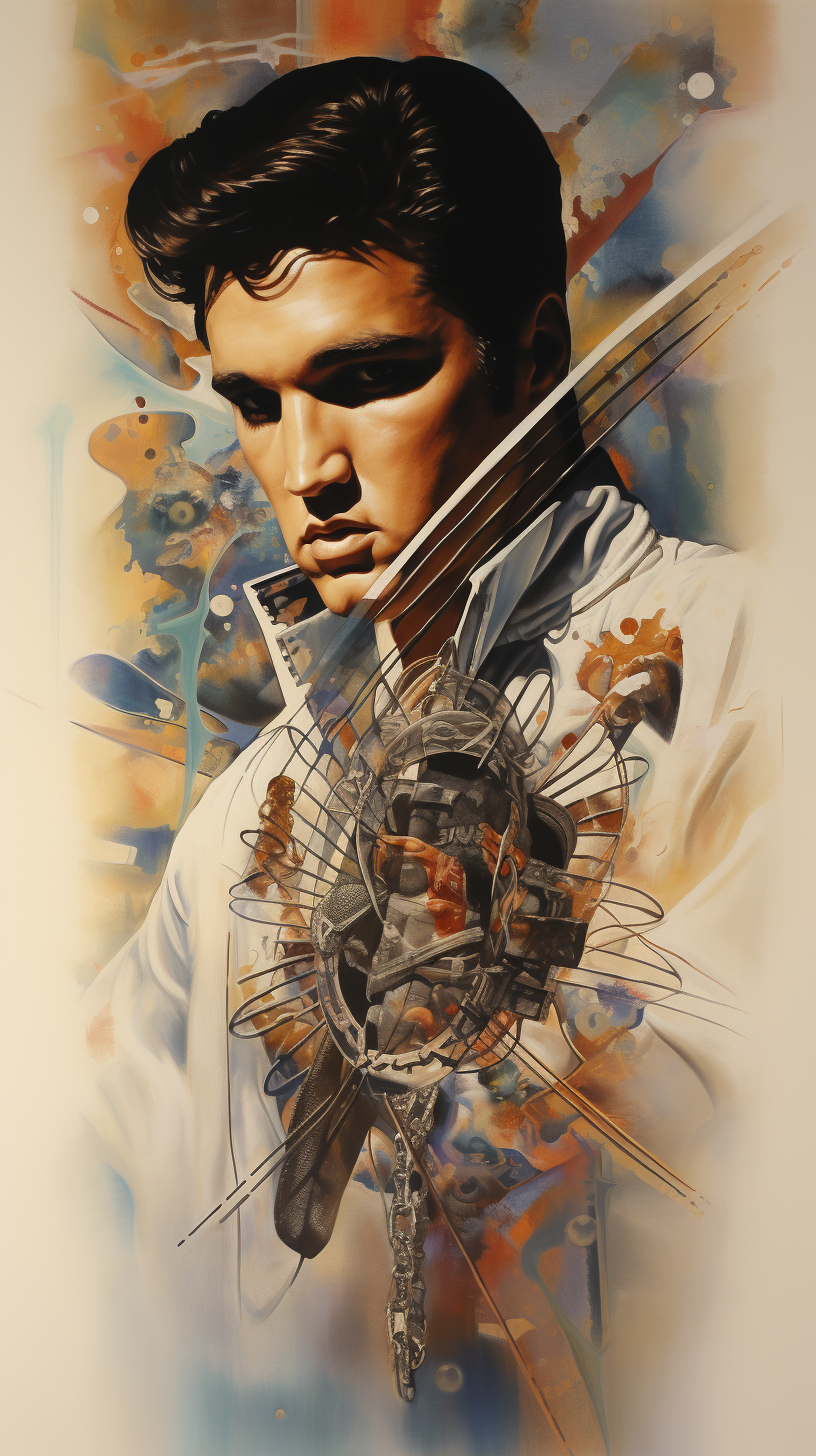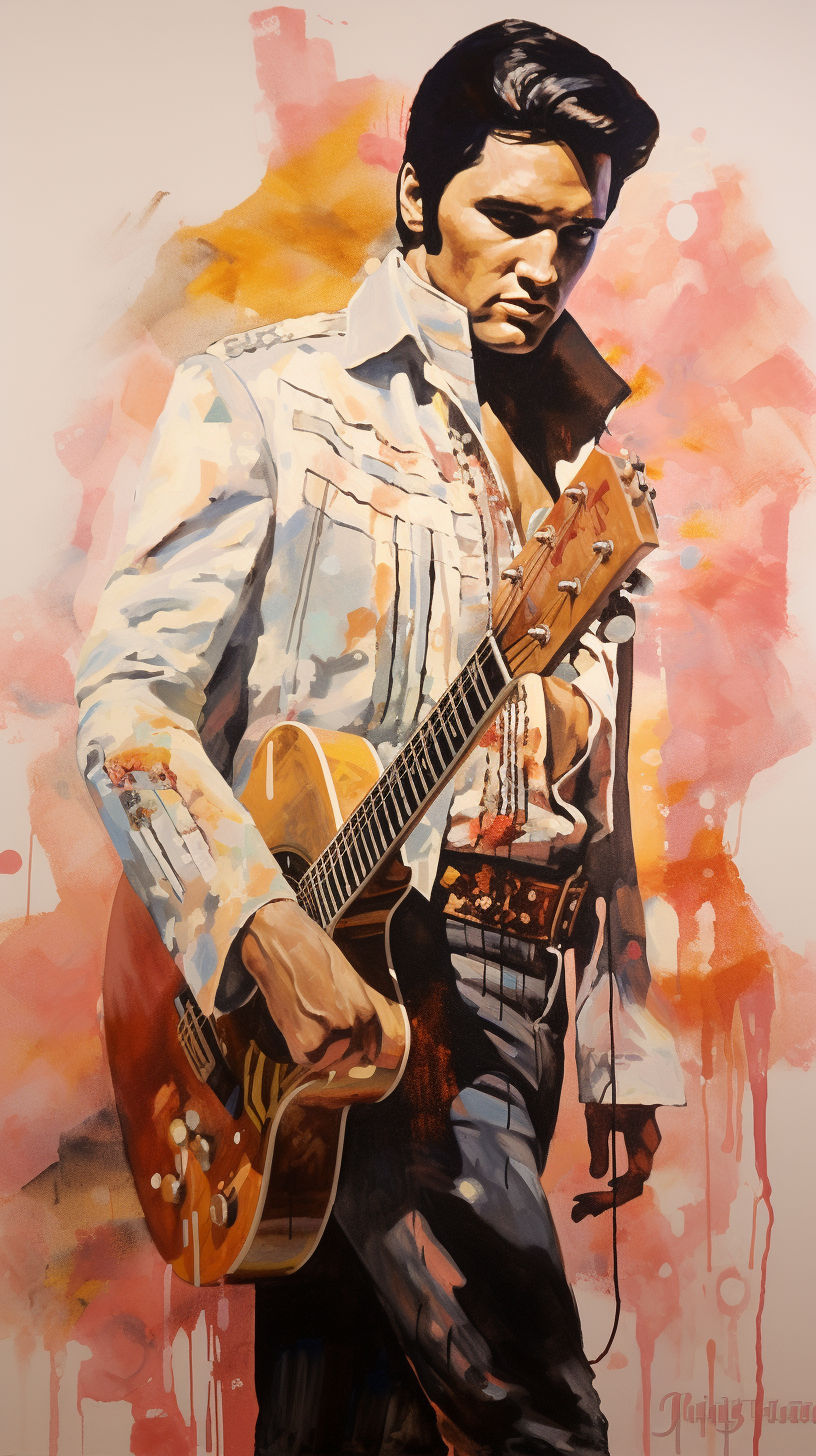Public Enemy's "👊 the 🔌": ❓🏆 and 👀🌐💡
Artist: Public Enemy
Album: Fear of a Black Planet (1989)
Charted: 🇬🇧 29 🇺🇸 –
Public Enemy's iconic track "Fight the Power" has become an anthem of social activism, challenging cultural norms and addressing systemic inequalities. The song's lyrics confront the societal idolization of certain figures, highlighting the contrasting perspectives and experiences of marginalized communities. In this blog post, we delve into the thought-provoking lyric: "Elvis was a hero to most, But he never meant shit to me, you see." These words spark a discussion on cultural significance, the complexities of icons, and the power of individual perception.
Public Enemy – Fight The Power (Official Video)
Reframing Cultural Heroes
Public Enemy's lyric challenges the conventional narrative surrounding cultural heroes, epitomized by Elvis Presley in this instance. By asserting that Elvis never held personal significance, the song reframes the notion of idolization. It prompts listeners to critically examine the narratives that shape our collective understanding of cultural icons and consider the experiences and perspectives of those whose voices have historically been marginalized.
Cultural Appropriation and Recognition
The lyric indirectly addresses the issue of cultural appropriation, as Elvis Presley, a white artist, gained immense fame and recognition for musical styles rooted in African American traditions. Public Enemy's words highlight the complex dynamics surrounding the appreciation and appropriation of cultural contributions. It raises important questions about who gets credit, recognition, and opportunities within the entertainment industry.



The generative AI tool, Midjourney, visually interprets Public Enemy's "Fight the Power." (3 Images)
Individual Perspective and Identity
The lyric's personal declaration, "But he never meant shit to me, you see," emphasizes the power of individual perspective and the diverse experiences that shape our perceptions of cultural figures. It recognizes that different communities may have contrasting views on the significance and impact of cultural icons based on their unique histories, struggles, and aspirations.
A Call to Challenge Established Narratives
"Fight the Power" serves as a call to action, urging listeners to question the narratives and power structures that shape our cultural landscape. Public Enemy's lyrics invite us to critically examine the historical context, the impact of cultural figures, and the role they play in reinforcing or dismantling systems of inequality. It encourages us to challenge the status quo and amplify marginalized voices in the ongoing fight for justice and equality.
Creating Space for Diverse Narratives
The power of "Fight the Power" lies in its ability to amplify marginalized perspectives and disrupt traditional narratives. By challenging the hero worship surrounding Elvis Presley, Public Enemy invites a broader conversation about the representation, recognition, and celebration of artists from underrepresented communities. It encourages a reevaluation of whose stories are told and whose contributions are valued in our cultural discourse.
Public Enemy's "Fight the Power" is a powerful anthem that challenges established narratives and confronts cultural significance. Its lyrics spark a dialogue about the complexities of cultural heroes, the power of individual perception, and the importance of amplifying marginalized voices.
So, the next time you hear "Fight the Power," let it serve as a reminder to critically examine the narratives that shape our cultural landscape, amplify diverse voices, and continue the fight for a more inclusive and equitable society.
💬 Dig Deeper—Jump into the discussion below
Music takes us on a journey—to places, people, feelings, and memories. It transcends borders, leads to spiritual awakenings, excites and soothes us, marks our celebrations and milestones, lulls us to sleep, and in some instances, even brings us to war.
As you explore the visual and textual interpretation of lyrics, we invite you to share your thoughts or consider one of these questions.
- Connecting With The Music: How does the song resonate with your personal experiences, when and where did you first hear them, and how do these connections alter your interpretation of the lyrics?
- Visualizing Lyrics: Are the images similar to what you imagined? Compare the AI-generated visuals with yours do you see harmony or dissonance, and what does this reveal about the song's subtext?
- Beyond Borders: We know that music has the power to transcend cultural, social, and geographical boundaries, but we want to hear from you about how it reflects specific cultural experiences or identities.
- Exploring Themes: What overarching themes do you extract from the song, and how do these themes mirror or challenge societal norms and beliefs?
- Songs and Stories: If this song was the soundtrack to a story or an event, what would it (the narrative) look like and why? Can we learn from it? Is it healing, empowering, or uniting?
Community Guidelines
🔗 Read the full Community Guidelines
- 😊🤝🎶 Be kind, be respectful. Remember, everyone's here for the love of music and AI. Let's keep the vibe positive.
- 🚫🗑️📣 No spamming, no offensive behavior. Let's keep our conversations meaningful and our community clean.
- 🗣️💬⛔ Express yourself, but remember, all types of harassment and hate speech have no place in our community.


